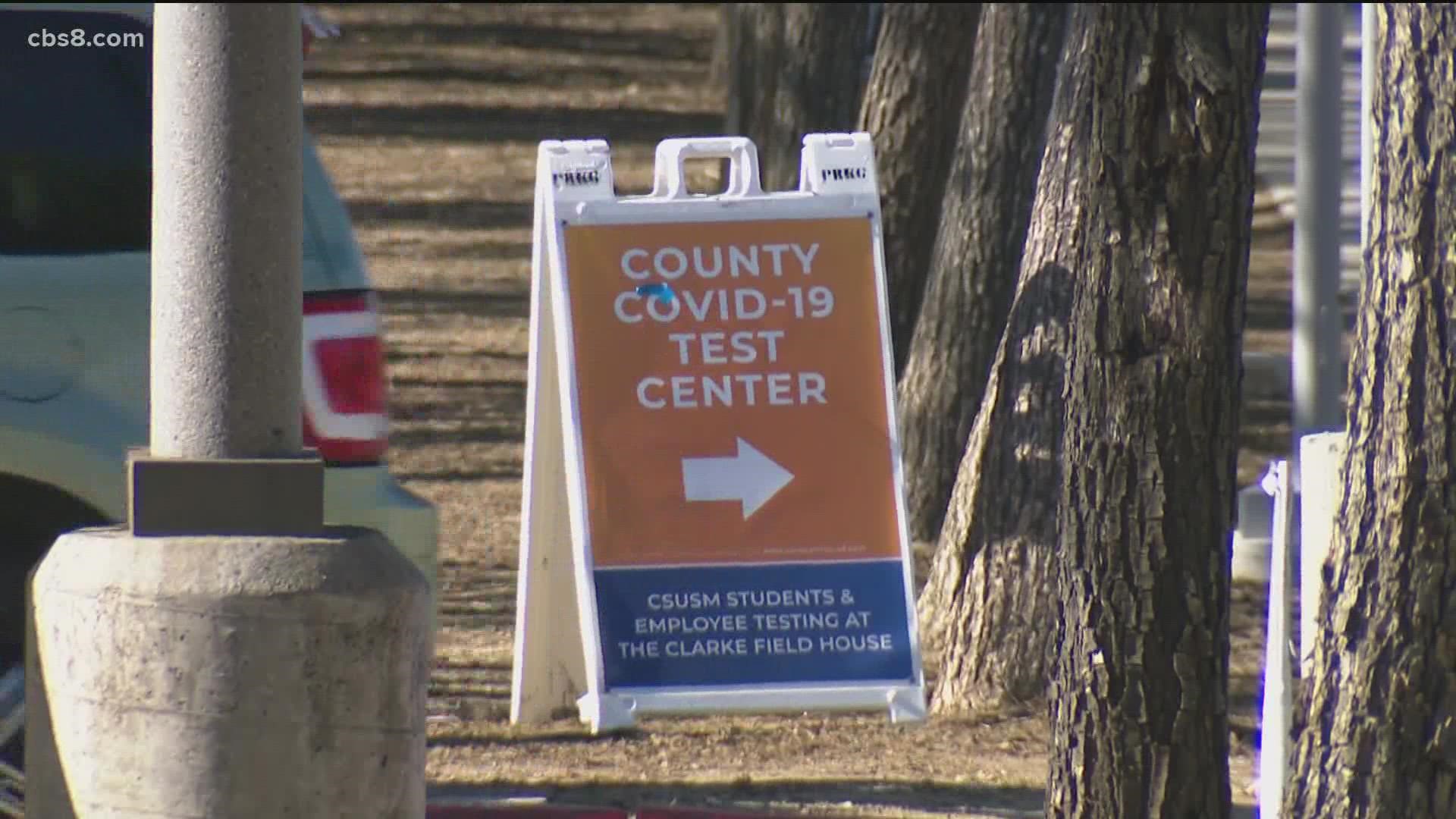SAN DIEGO COUNTY, Calif. — The San Diego County District Attorney's Office warned residents Thursday to avoid buying unapproved at-home COVID-19 tests amid the recent surge of the Omicron variant.
With test kits in short supply, the DA's Office says scams involving illegitimate tests are expected.
Citing the Federal Trade Commission's advice on vetting at-home tests, the DA's Office recommends:
- Only buying tests authorized by the FDA;
- Checking the FDA's lists of antigen diagnostic tests and molecular diagnostic tests before buying;
- Researching a seller before purchasing, particularly if buying from a site you don't recognize;
- Comparing online reviews from a wide variety of websites;
- Considering the source of a product's review; and
- Paying by credit card when buying online. If you're charged for an order you never got, or for a product that is not as advertised, you can dispute the charge with your credit card company.
Those who believe they have been scammed can report directly to the FTC at www.reportfraud.ftc.gov or the DA's consumer protection team at consumer@sdcda.org.
"Before you click the add-to-cart button on that website claiming to sell legitimate self-testing kits, know how to spot red flags so you don't become a different kind of COVID-19 statistic," San Diego County District Attorney Summer Stephan said in a statement.
Those looking to get tested were also advised to seek out San Diego County's authorized free test sites. A list of sites can be found on the county's website.
The DA's Office also noted that Gov. Gavin Newsom's executive order extending the state of emergency through the end of March holds that sellers cannot increase the prices of test kits by more than 10% of what they were being sold for as of Dec. 1, 2021.
The price gouging laws prohibit such increases unless sellers can prove costs have increased.
Anyone who began selling tests after Dec. 1, 2021 may not charge 50% greater than what they paid for the kit themselves.
WATCH RELATED: San Diego County reports record COVID cases; officials urge precautions (January 2022)

